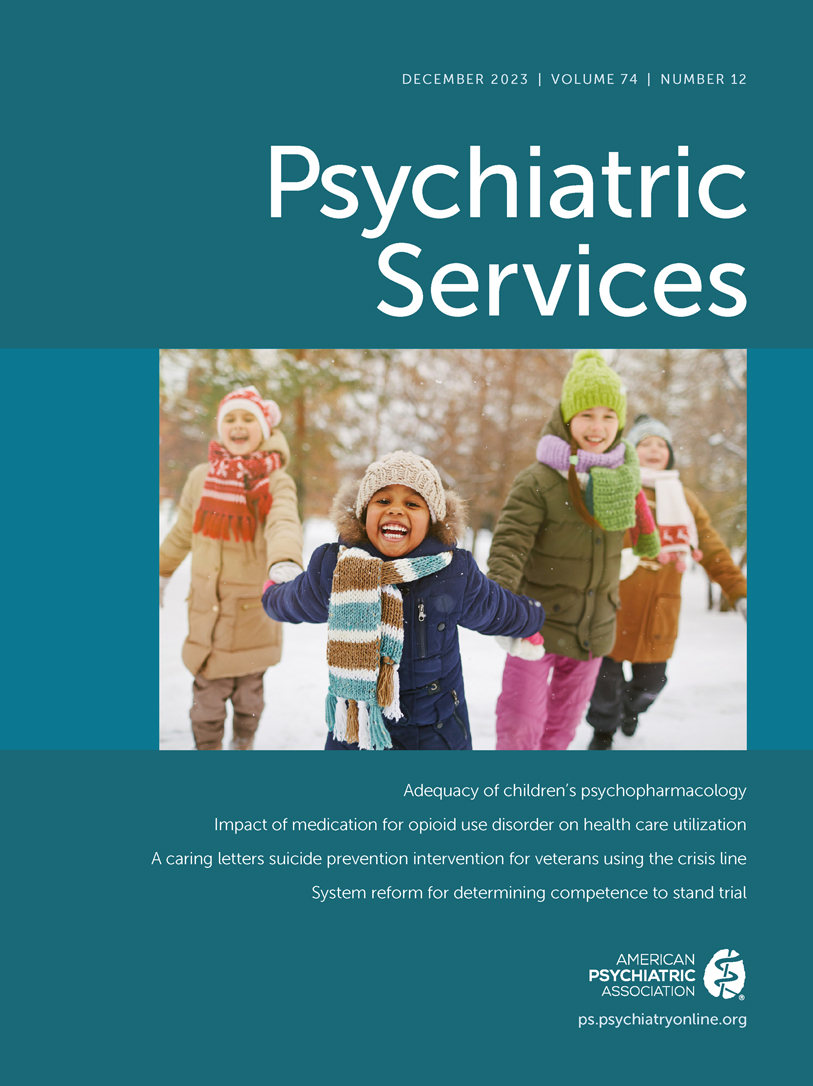Cultural Influences on the Creation and Use of Psychiatric Advance Directives
Abstract
Little published research exists on how culture influences mental health service users when they create or use psychiatric advance directives (PADs). This column reports the results of a study (N=38 participants) of cultural factors that might encourage New Zealand Māori who engage in mental health services to make greater use of PADs in their care. The most important factor identified was the inclusion of family and friends in decision making during PAD creation and use. Discussions revealed multiple culturally important themes that were synthesized into a conceptual model, pou herenga (mooring place), which focuses on the importance of reassessing all aspects of one’s life journey when creating a PAD.
Access content
To read the fulltext, please use one of the options below to sign in or purchase access.- Personal login
- Institutional Login
- Sign in via OpenAthens
- Register for access
-
Please login/register if you wish to pair your device and check access availability.
Not a subscriber?
PsychiatryOnline subscription options offer access to the DSM-5 library, books, journals, CME, and patient resources. This all-in-one virtual library provides psychiatrists and mental health professionals with key resources for diagnosis, treatment, research, and professional development.
Need more help? PsychiatryOnline Customer Service may be reached by emailing [email protected] or by calling 800-368-5777 (in the U.S.) or 703-907-7322 (outside the U.S.).



